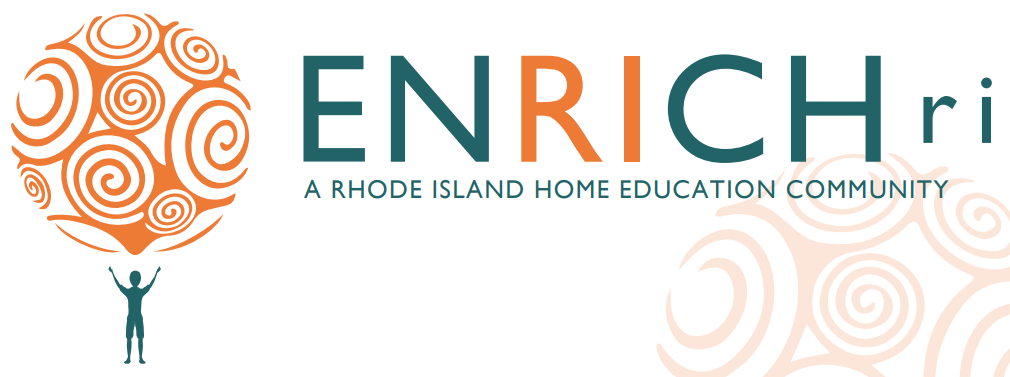Description
Wildlife Hospital Visit
Wednesday, March 4, 11 a.m.
New England Wildlife Center, 500 Columbian Street, South Weymouth, MA 02190
$10 per person
Sign up here
Our tour start on the second floor (main entrance). We will tour the hospital and look in on the various hospital wards. We will meet some of the patients, observe care, learn how they ended up with us and ways that we can help them in the future. There are is no photography or hands on opportunities with wildlife due to state and federal regulations. We will then head to the first floor where you have the chance to meet some of our educational reptiles. We have turtles, tortoise. We will be able to hold and learn about some of the natural history of the reptiles on that floor. Then we will head up to the third floor, Weezie Nature Center. We have snakes up there that you can meet and learn about. Then you are free to explore the space. We have microscopes, interactive habitats and cards with questions and answers all throughout the nature center.
About New England Wildlife Center:
The Center treats and cares for 225 different species of animals each year. Over the years we have treated over 75,000 wild animals. This includes sick, injured and orphaned native and naturalized wild animals such as hummingbirds, snapping turtles, raccoons, foxes, cottontails, hawks, owls and many others. The care is conducted under the direction of veterinarians. The vet team includes wildlife rehabilitators, veterinary technicians and animal care workers. High school and undergraduate interns are incorporated into the day-to-day care, giving students the opportunity to work with and study up-close the biology of many species. These are animals that students would otherwise never have the opportunity to contact. The care provided to wildlife succeeds about one-half of the time. By the time wild animals that are sick or injured are able to be successfully caught and brought to us, they are usually in very poor condition. All animals successfully rehabilitated are released back to local woodlands and estuaries. NEWC receives no federal or state funding to care for sick, injured, and orphaned wildlife, and relies entirely on the generosity of visitors like you to provide emergency veterinary care and assistance.

